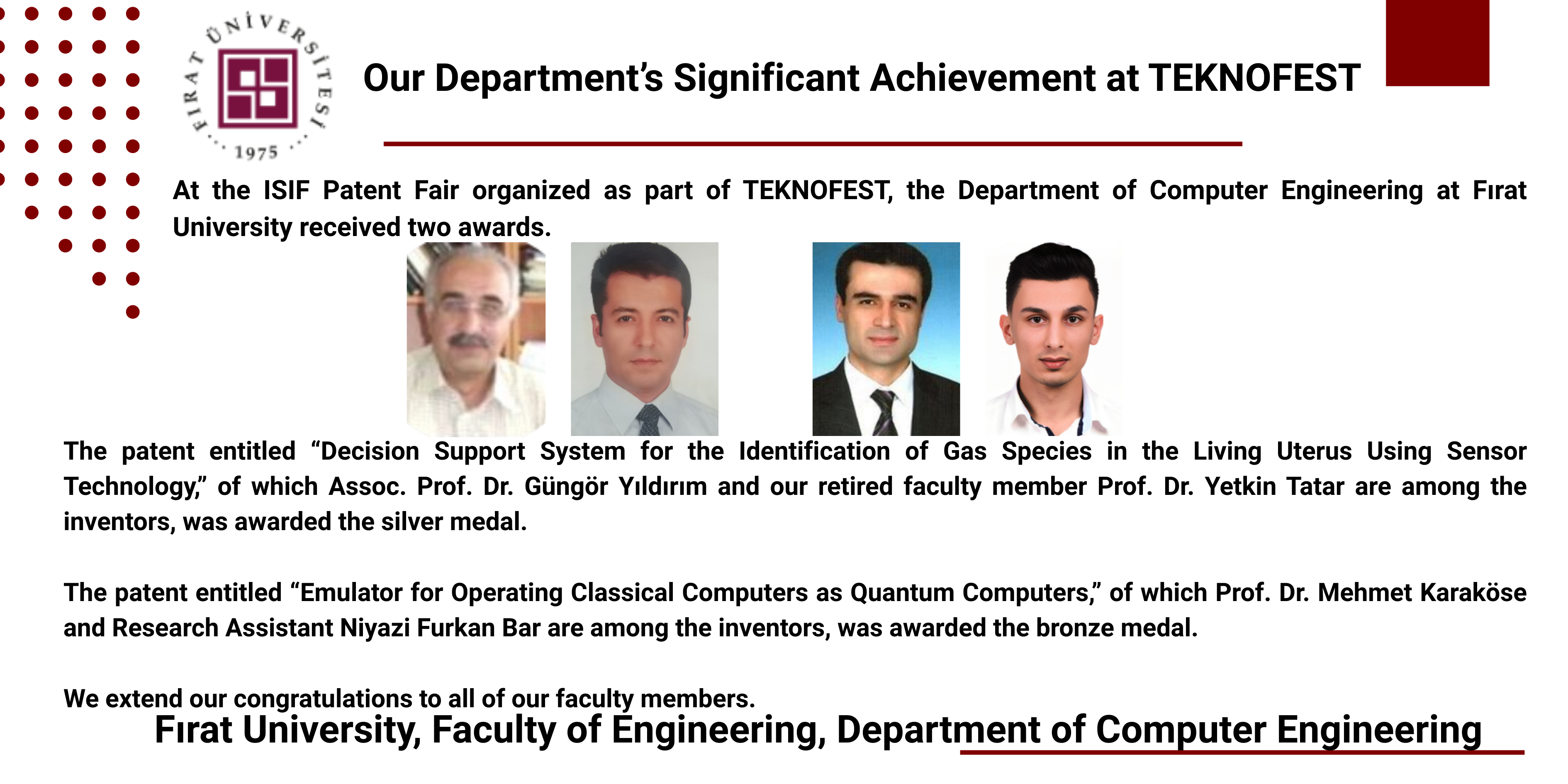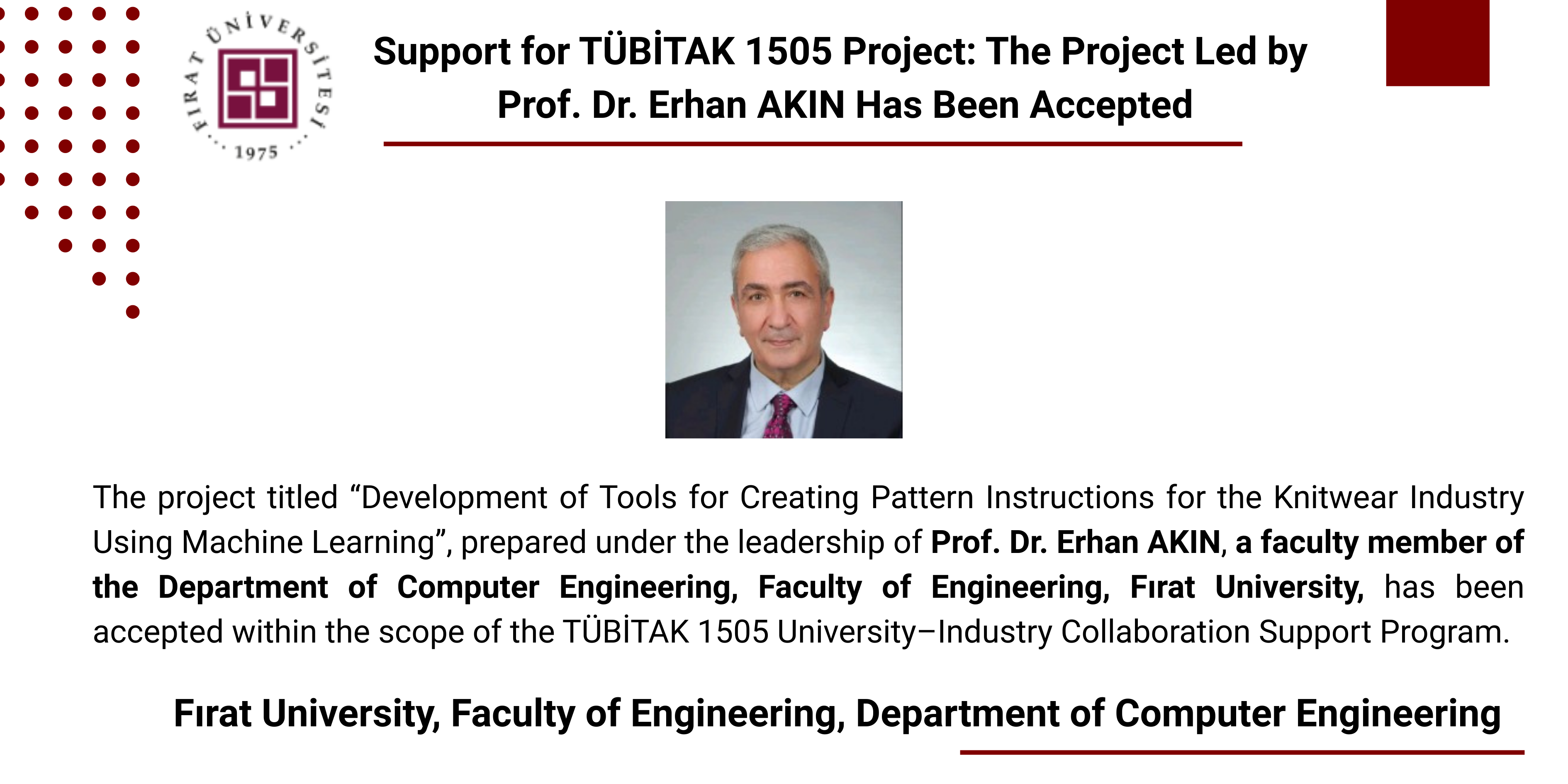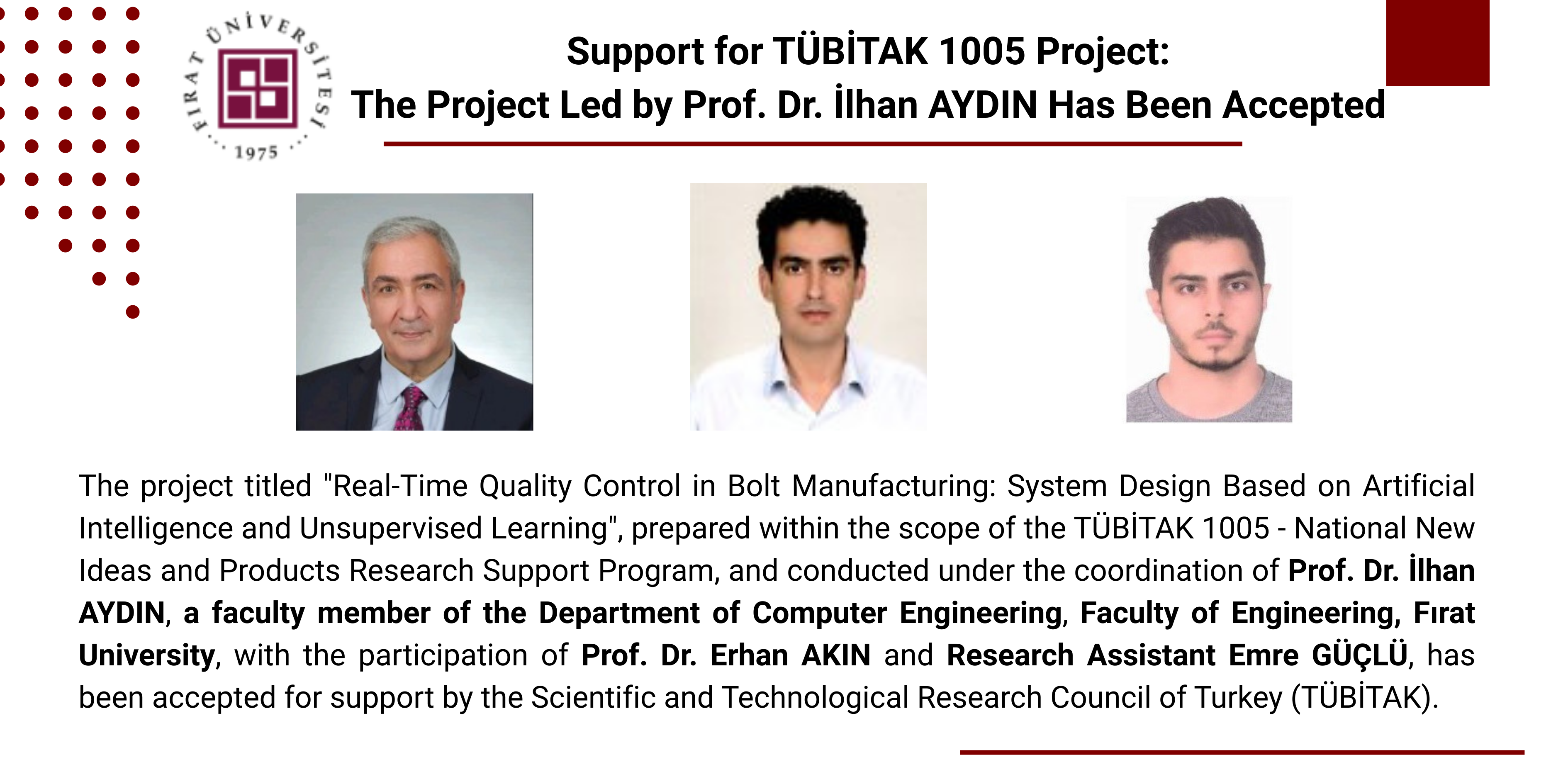
News
27.01.2025 09:30
With the efforts of Assoc. Prof. Dr. Ahmet Bedri Özer, a faculty member from our department, and his team, a national and domestic plagiarism detection software was developed, preventing the annual outflow of 30 million TL paid to companies in the U.S. and Sweden.
Upon learning that Turkish universities pay approximately 30 million TL annually to two global plagiarism detection software companies, Assoc. Prof. Dr. Ahmet Bedri Özer, along with Serdar Yavuz and Assoc. Prof. Dr. Özcan Bayrak, initiated the development of a domestic alternative. They established Asos Eğitim Bilişim Danışmanlık ve Otomosyon Ltd. within the Teknokent ecosystem and formed a 17-person team. Through their efforts, they successfully launched a plagiarism detection software named İntihalnet. The program has already secured pre-agreements with 20 universities and has been sold to institutions in Turkey, Qatar, and Cyprus. Moreover, the Turkish Grand National Assembly (TBMM) has also started using the software.
Explaining the project’s motivation, Assoc. Prof. Dr. Ahmet Bedri Özer stated:
“Plagiarism refers to using another's work without permission. Articles, theses, books, and projects are often misrepresented as original work. Laws were introduced to prevent this, and the Higher Education Council (YÖK) mandated the use of plagiarism detection software. Upon reviewing the available programs, we noticed that only two are used in Turkey, developed in the U.S. and Sweden, with an annual cost of approximately 30 million TL to the country.”
Assoc. Prof. Dr. Özer shared the development timeline:
“In January 2016, we began this project, completing it by November 2017. We created an equivalent to the two existing products, naming our software İntihalnet. Initially designed for Turkish universities, we soon realized the market’s potential. Last month, we sold the software to a university in Qatar and another in Cyprus. Negotiations are ongoing with two universities in Azerbaijan. Currently, 40 universities in Turkey are using our trial version, and we have pre-agreements with 20.”
Assoc. Prof. Dr. Özer emphasized the growing interest from institutions:
“We’ve heard that the Presidency of Religious Affairs is looking for such a program, and we’re in discussions. The Ministry of National Education also plans to screen newly revised curriculum books with plagiarism software, and we’ve expressed interest. Additionally, the Ministry of Culture reportedly uses plagiarism detection for newly published books. Initially targeting 200 universities, we realized the market is much larger, with no other national software available. Our software is the first domestic solution to pass all necessary tests and is now in use. It’s an honor to contribute to our country.”
Highlighting their collaboration with TBMM, Assoc. Prof. Dr. Özer explained:
“We signed a 14-month agreement with TBMM, where our software is currently in use. The Parliament prepares reports and speeches for ministers and deputies, which are screened using our software to check for originality before public presentation. While we are a commercial entity, promoting domestic solutions is our priority. It pained us to hear about the annual outflow of 30 million TL, which inspired us to act.”
Source: Milliyet.com.tr
You can access the news by clicking
Other News
.png)
Support for TÜBİTAK 1002 Projects
26.11.2025
Our Department’s Significant ...
23.09.2025
Congratulatory Message for Promotion ...
12.05.2025.jpg)
We are proud to be the department that has ...
21.04.2025.jpg)
The "Reaching and Accessing Turkey 2053 ...
21.04.2025
Support for TÜBİTAK 1505 Project: The ...
21.04.2025
Support for TÜBİTAK 1005 Project: The ...
21.04.2025
Contributions of Our Department’s ...
11.04.2025